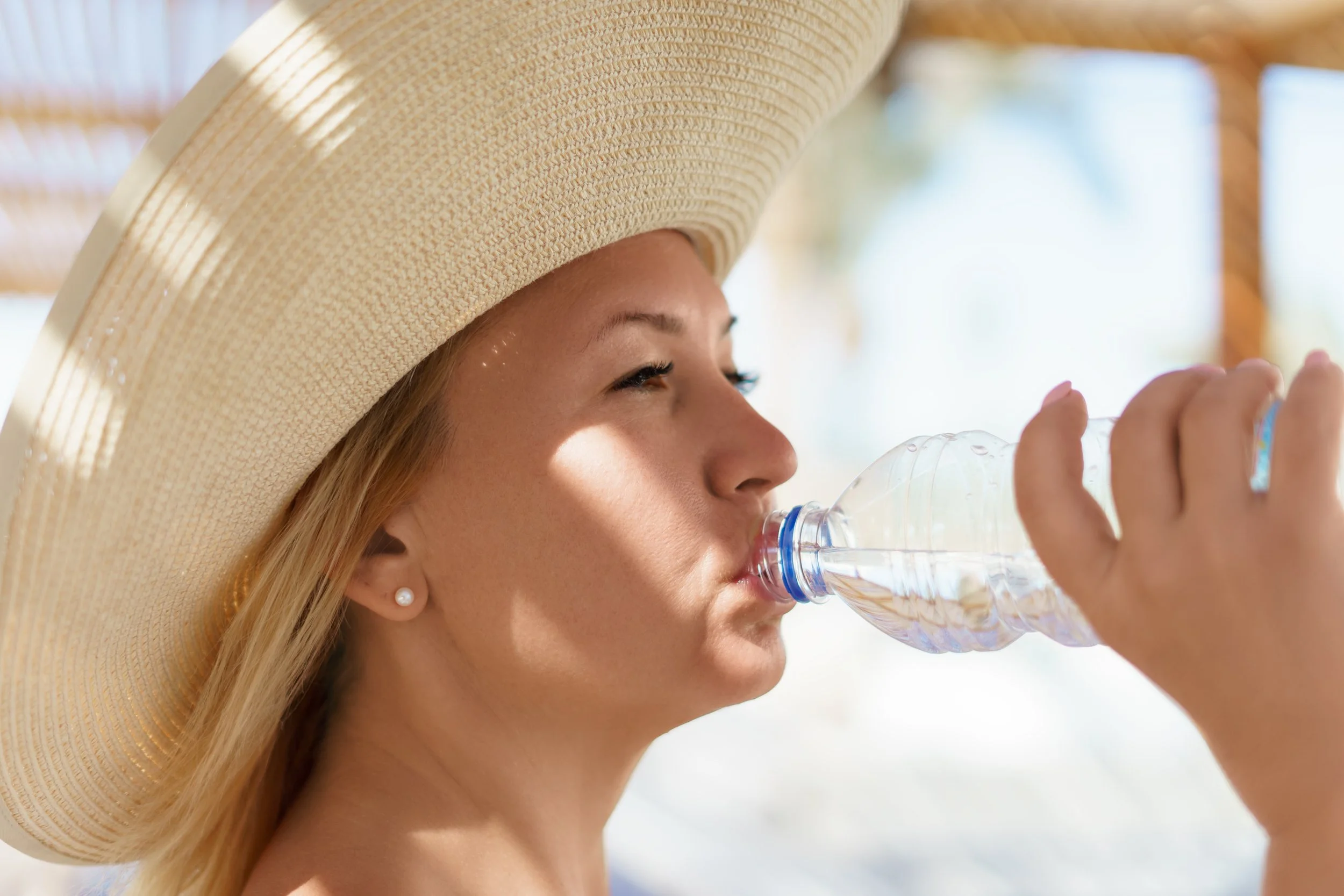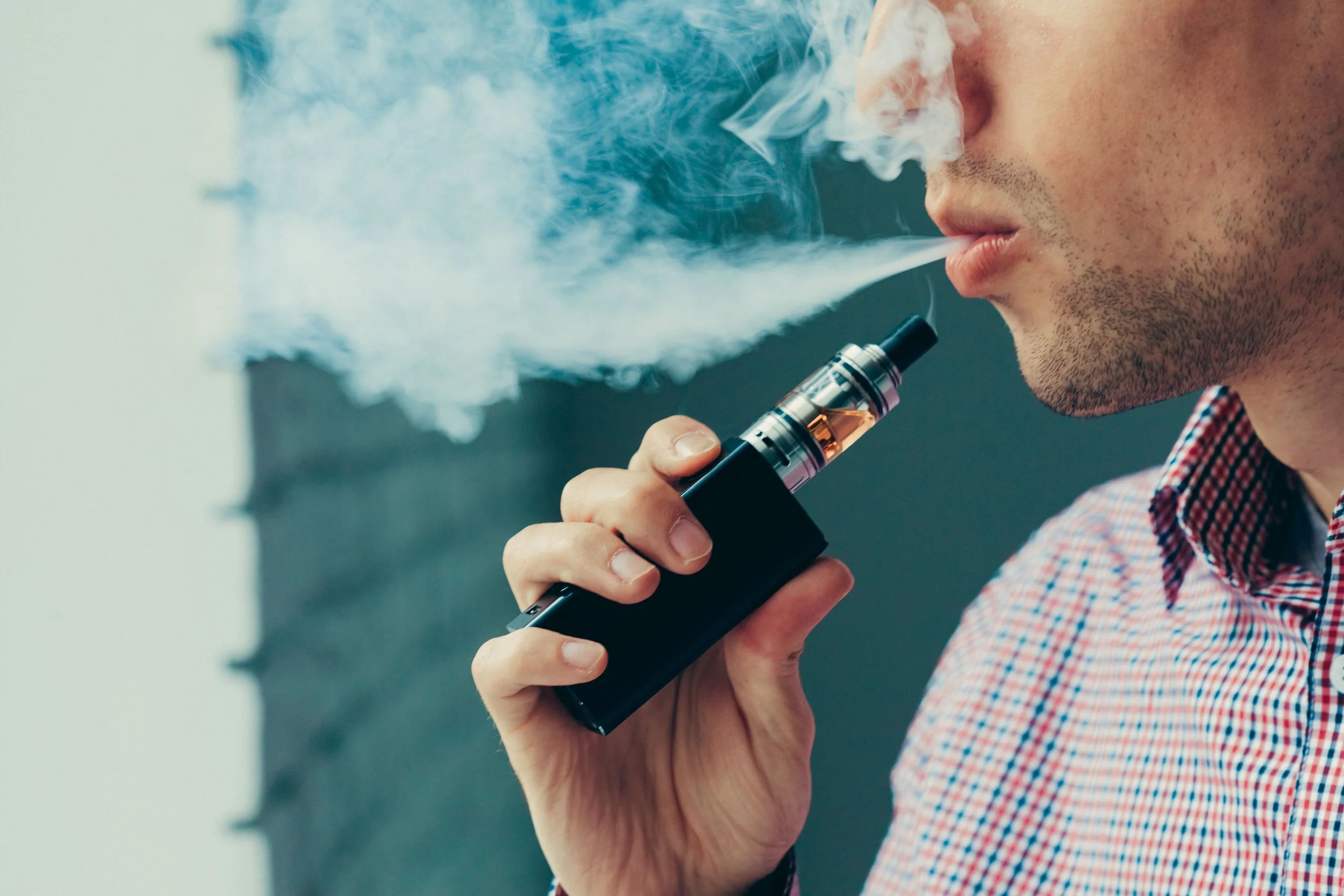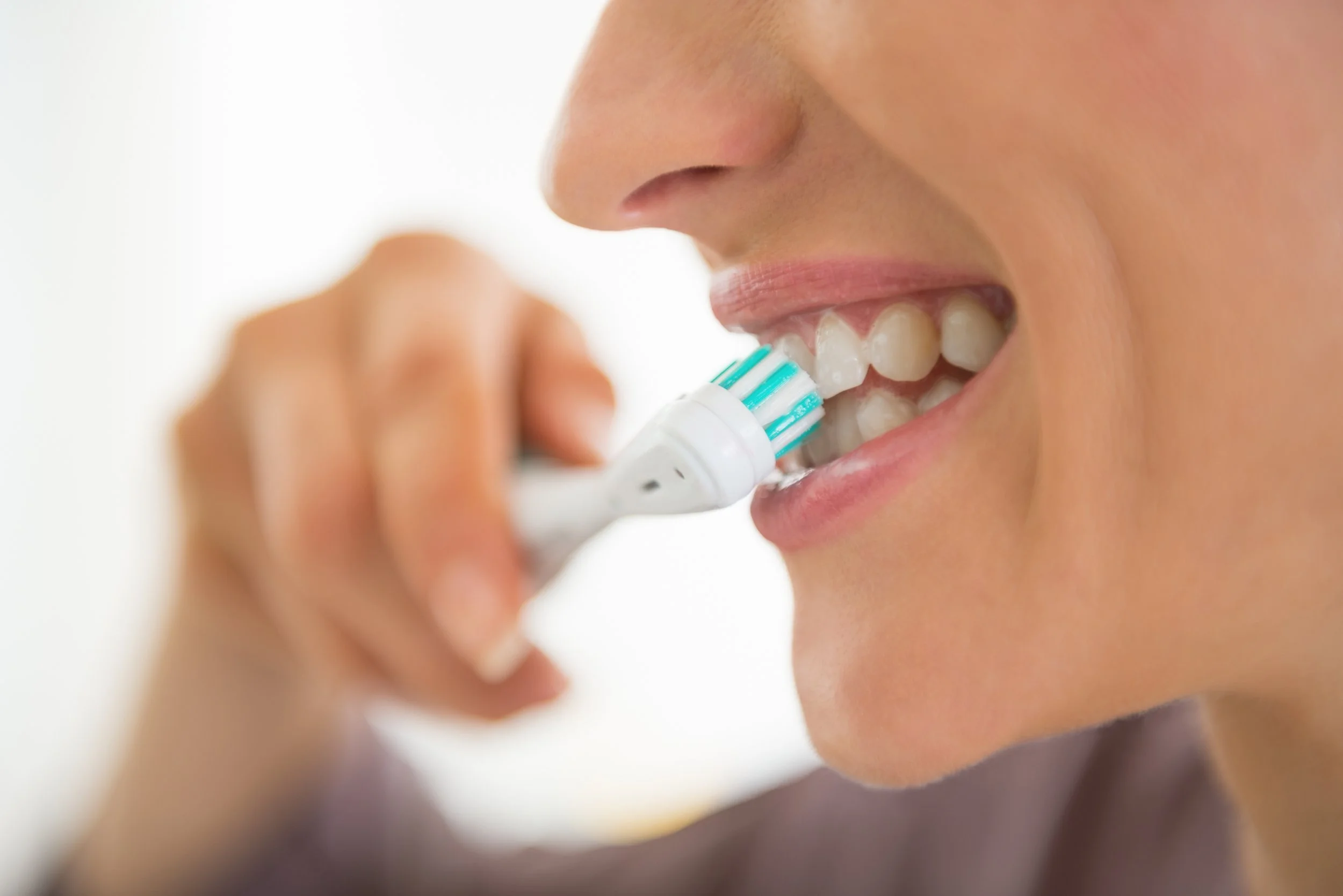Imagine stepping into your cosmetic dentist's office with concerns over subtle changes around your mouth. You might be surprised to learn that your daily water bottle is contributing to those fine lines. In this blog post, we'll explore unexpected sources of dental and facial concerns, including the effects of plastic water bottles on your smile and skin. Discover why switching to sustainable hydration solutions could be a key step in maintaining both dental health and youthful skin.
The Unseen Impact of Water Bottles
Premature Aging from Constant Puckering
Did you know that the simple act of drinking from a plastic bottle could affect your cosmetic dental health? Constant puckering may contribute to fine lines, potentially complicating the outcomes of cosmetic dental procedures like veneers or orthodontics. Cosmetic dentists often address these concerns, as maintaining the area around the mouth is crucial for a harmonious smile.
Expert Insight: Dr. Aalam Samsavar, a cosmetic dentist, notes, "Patients are often concerned about smile lines. Regular use of narrow-mouthed plastic bottles can exacerbate these lines, affecting the overall aesthetic of their smile enhancements."
Unlock the secrets to a healthier smile and a greener planet with our latest video! Explore how everyday choices like using plastic water bottles affect your dental aesthetics and the environment. Learn about sustainable alternatives that enhance oral hygiene and support cosmetic dental health. Perfect for anyone looking to improve their smile and reduce environmental impact. Watch now for expert tips from a leading cosmetic dentist on maintaining your dental health while embracing eco-friendly habits. Don't forget to subscribe for more insights into cosmetic dentistry and sustainable living
Health Risks Linked to Plastic Usage
Chemical Leaching and Oral Health
While the broader health risks of chemicals like BPA are well-documented, their specific impact on oral health is a growing concern in cosmetic dentistry. These chemicals may affect the gums and the stability of dental work, such as fillings and bonding.
Nanoparticles and Systemic Health
Emerging research suggests that nanoparticles from plastic bottles can find their way into the bloodstream, potentially impacting overall health, including oral health. Systemic health issues can reflect in dental health, influencing everything from gum disease susceptibility to the longevity of cosmetic dental restorations.
Environmental Consequences and Dental Health
Plastic Pollution and Public Health
The widespread environmental damage caused by plastic pollution also extends to public health issues that can influence oral health. Poor environmental conditions can exacerbate health disparities, including access to quality dental care, which is crucial for maintaining the results of cosmetic dental treatments.
Resource Waste
Using plastic water bottles is not only inefficient but contradicts the principles of holistic dental care, which emphasizes long-term health and minimal waste. Every plastic bottle used takes a toll on our natural resources—producing a single bottle consumes more water than it eventually holds and emits significant CO2 during production and transport. In cosmetic dentistry, we strive for sustainable practices that protect patient health and conserve resources. By choosing sustainable hydration methods, we align our daily habits with the values of durability and efficiency that are central to modern dental practices.
Economic and Social Considerations
Cost Implications for Dental Patients
The money spent on bottled water adds up quickly, with Americans spending billions annually on something that flows nearly free from our taps. This expenditure could be redirected towards regular cosmetic dental care, investing in treatments that enhance not only the beauty of one’s smile but also long-term dental health. Regular dental check-ups and treatments such as teeth whitening, straightening, and veneers offer lasting value far beyond the temporary convenience of a plastic bottle.
Social Inequality
Access to clean, safe drinking water is a privilege that not everyone enjoys, and the reliance on bottled water can exacerbate social inequalities. In the realm of dental health, those without access to fluoridated tap water may experience more dental decay and other oral health issues. Cosmetic dentistry plays a role in mitigating these disparities by providing solutions that enhance both the functionality and aesthetics of one’s teeth, thereby boosting confidence and improving quality of life across various socio-economic backgrounds.
Sustainable Alternatives to Plastic Water Bottles
Switching to reusable water containers is more than an environmental statement—it’s a health-conscious decision that affects oral hygiene. Reusable bottles made from stainless steel, glass, or safe plastics reduce the risk of chemical leachate and help maintain the cleanliness of the water you drink. Additionally, using home water filters can improve both the taste and quality of tap water, ensuring that it supports both your general and oral health. These alternatives not only conserve the environment but also promote better oral hygiene, complementing the preventative care emphasized in cosmetic dentistry.
Conclusion
By ditching plastic bottles, you contribute to a healthier environment and embrace practices that enhance your cosmetic dental health. Sustainable hydration solutions like reusable water bottles and effective water filters align with the goals of cosmetic dentistry by promoting overall health, beauty, and environmental responsibility. As we become more conscious of our choices, we see how deeply interconnected our health is with the health of our planet.
Call to Action
Are you ready to make a change that benefits your smile and the world around you? Join the movement and kiss plastic goodbye. Your health, your smile and our planet will thank you.. Share this blog with friends and family to spread the word about the positive impact of quitting plastic water bottles, both for our dental health and our planet. Let’s make a collective effort to reduce our environmental footprint and enhance our health—one sip at a time.
The content on this blog is not intended to be a substitute for professional medical advice, diagnosis, or treatment. Always seek the advice of qualified health providers with questions you may have regarding medical conditions.
© Aalam Samsavar DDS and www.drsamsavar.com, 2024. Unauthorized use and/or duplication of this material without express and written permission from this site’s author and/or owner is strictly prohibited.











